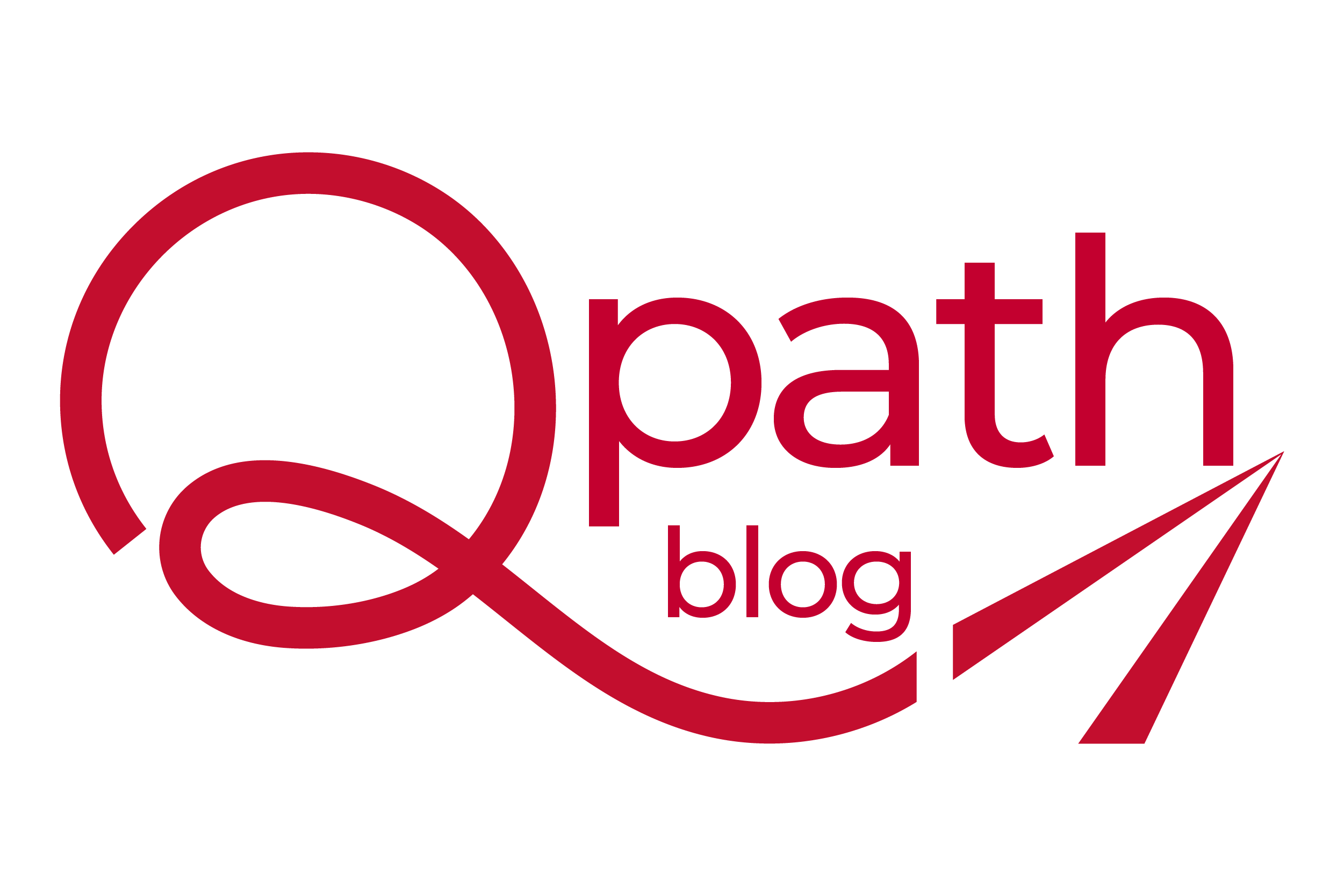The Modern Day Pharmacist and Pharmacy
Time and again, independent community pharmacists have proven themselves to be resilient and savvy businesspeople who can modify and reinvent their practices to adapt to economic challenges.

Time and again, independent community pharmacists have proven themselves to be resilient and savvy businesspeople who can modify and reinvent their practices to adapt to economic challenges.
QS/1 is celebrating its 40th anniversary in the pharmacy industry and wanted to take a glimpse into two pharmacists’ perspectives. Despite age and gender gaps, the bond of pharmacy binds Lynn Connelly and Ashley Parker.
A generation separates Connelly and Parker. Connelly is what some might classify as “old school,” a registered pharmacist who graduated from pharmacy school nearly three decades ago. Parker is considered “new school,” a Pharm.D. with the proverbial ink still drying on her degree, after being awarded four years ago.
It’s no longer news that social media outlets have earned their place in the marketing mix. For organizations with fewer resources to devote to self-promotion, platforms such as Instagram™ offer an unbeatable price tag and an increased potential reach (600 million active, monthly users). Perhaps even more compelling is the fact that these platforms are all about community building – a natural for independent pharmacies. So what exactly does Instagram offer for pharmacy marketing?
As policymakers grapple with reform to improve care quality and lower costs, the demand for medication management services is at an all-time high. While this dynamic presents plenty of opportunities and challenges for pharmacists and pharmacies, there are still many unknowns about alignment of care and payment incentives.
Pharmacies and Home Medical Equipment (HME) providers can gather patient data to improve patient medication adherence, set up synchronization programs and increase revenue.
After brief employment at a small, independent pharmacy, Brent Dehring, R.Ph., realized he needed a job that fulfilled both his altruistic nature and enthusiasm for medicine. Dehring found this rewarding combination in Missoula, MT at Partnership Health Center (PHC). For the past five years, he has served as the co-director of pharmacy at PHC, where his passion “reaches more people and provides a larger benefit.”
I remember my dad taking me to watch the Atlanta Braves play the St. Louis Cardinals. I’ll never forget the Cardinals making their arrival, because their shortstop – Ozzie Smith – took the field with a trot, a cartwheel and a backflip. If a back flipping shortstop doesn’t make your heart race, you may not be a baseball fan. Theatrics aside, shortstops are exciting because they are often defensive captains whom others take cues from, the link between the infield and outfield and the second base ghost that keeps runners honest. Similarly, pharmacists are becoming the captains of the patient healthcare team: implementing patient care plans; connecting healthcare team members, patients and family members with meaningful assessments and therapy data; keeping conditions in check and intervening when necessary.
Good communication is essential to success; without it, opportunities to foster positive relationships diminish and growth is nearly impossible. Amy Sauls, R.Ph., director of Campus Health Services at the University of North Carolina – Chapel Hill, has seen many changes in her 20 years in the pharmacy industry. One of the most monumental changes is the way she and her staff communicate with the student body.
Most independent community pharmacists will admit the need and desire to attract new customers and keep patrons coming back not only to benefit their bottom line, but to improve the welfare of the community’s overall health.
Your patients are adherent to their medication protocol, now you have to ensure they don’t wash the pills down with grapefruit juice or use an over-the-counter (OTC) herbal supplement that could unintentionally dilute or alter the benefits of their prescribed drugs.
I recently read a book, If You Can Keep It: The Forgotten Promise of American Liberty, by Eric Metaxas. The book title is part of a quote from Benjamin Franklin in 1787, the year the Constitution was drafted.
The healthcare industry in its entirety is becoming more aware of what QS/1 has known for some time now; pharmacists are the heroes of healthcare. As heroes, pharmacists can intervene, nurture patient populations, help lower overall healthcare costs and decrease patient hospitalizations.